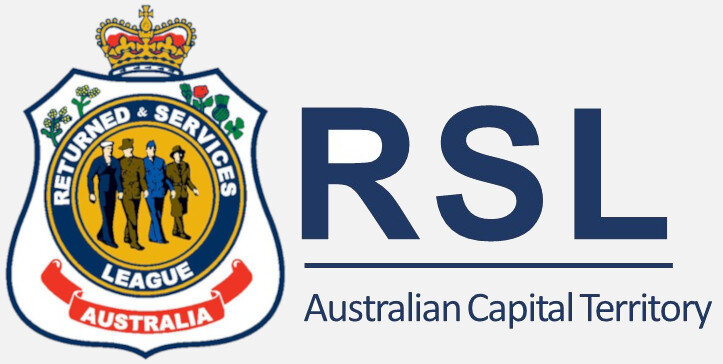How to change career in your thirties
Considering a career change in your 30s? 5 tips to make it happen.
For some, changing careers at 30 seems like jumping a hurdle too early. You’ve spent years building up your career, but you don’t yet have the experience of your older colleagues who are looking for a career change after 50.
But don’t worry, the truth is, your age and experience are on your side.
Changing careers in your 30s means you have the maturity and experience of more than a decade in the workforce, but still have many years ahead of you with a preparedness to learn and develop new skills.
The RSL Veterans’ Employment Program knows changing careers post-Defence can be daunting, no matter your age. So we’ve assembled some tips on finding a new career in your thirties.
FIND YOUR DIRECTION
Are there certain parts of your current job that you love, and others you can’t wait to see the back of? Use this information to help fuel your career redirection.
Do what you love and never work a day in your life, right? Finding a job that is driven by passion can help you find job satisfaction and keep you motivated. According to Indeed, there are five steps to finding your passion.
1. Take note of what you most look forward to in your week. Maybe it’s a certain meeting or task, or maybe it’s completely unrelated to work. Regardless, finding what sets your soul on fire is a great place to start.
2. Next, consider what you spend most of your time and money on. Can you find a theme that stands out?
3. Your conversations with other people can give you a strong clue. If there is a particular topic you enjoy talking about, or tasks you like to teach, then don’t dismiss it. If it piques your interest in your day-to-day, chances are, you’re on the path to finding your passion.
4. What are your strengths? If you have a natural talent, or a learned ability you are particularly proud of, you can lean on this to motivate you.
5. Consider what it is that gets you excited about these tasks, topics, or skills. Don’t be in a rush - take your time to really deep dive into these before deciding on your next career move.
When it comes to choosing a new career, it’s also wise to think about longevity or how ‘future-proof’ it is likely to be. You can read more about future-proof jobs here.
Tip: You may be able to use this fresh start as an opportunity to rebrand your professional image. Find out more about the importance of building your personal brand here.
IDENTIFY your skills
After years working in the Defence Force, you have developed many skills. From leadership and teamwork to problem-solving and following directions, you have plenty to offer a new employer.
Identify which of your hard and soft skills are transferable (tip: most of them are) and use these to build your CV. Hard skills are the technical skills you’ve developed during your service. While many will be transferable, you may still need to up-skill in some areas. But the soft skills of Defence professionals can really help your CV shine.
Some common soft skills born of military service include:
Leadership
Teamwork
Work ethic
Ability to handle stress
Autonomy and teamwork
Discipline
Problem-solving
Risk management
Identify where you can up-skill
Your experience in Defence will be an asset to any new employer, but as mentioned above, your hard skills may require further development if you’re changing careers.
There are formal vocational courses that can be completed online through Online Courses Australia and Upskilled, or short, informal courses at platforms like Udemy.
Some roles, however, may require you to go back and study at University level. This is something you should consider when deciding on your direction.
Tip: Build a financial buffer before taking the plunge into a new career. This takes the pressure off if you need to take a pay-cut, take time out to study or simply have a bit of time off between jobs.
Reach out to your network
Whether you’re digitally savvy or more of an in-person networker, reaching out to your existing network can be a great lead generator.
Friends, family, colleagues and educators all form part of your network. Your skills and experience are your best asset, but sometimes, who you know can be a step forward.
Have realistic expectations
It may feel like you’re starting from the bottom when changing your career after 30, but the truth is, you are taking a step forward in a new direction already backed by a wealth of knowledge and experience.
Depending on your chosen career direction, this may mean starting at a lower pay grade. Having a financial buffer can give you a sense of security as you build your way back up the career ladder.
Let the experts help!
If you’re a veteran, a veteran or ADF partner or immediate family member, or a reservist, the RSL Veterans’ Employment Program is a free service available to you. We can help with every topic covered in this article, and more. Make your move today.
Want to see more content like this? Check out all our employment articles here.


